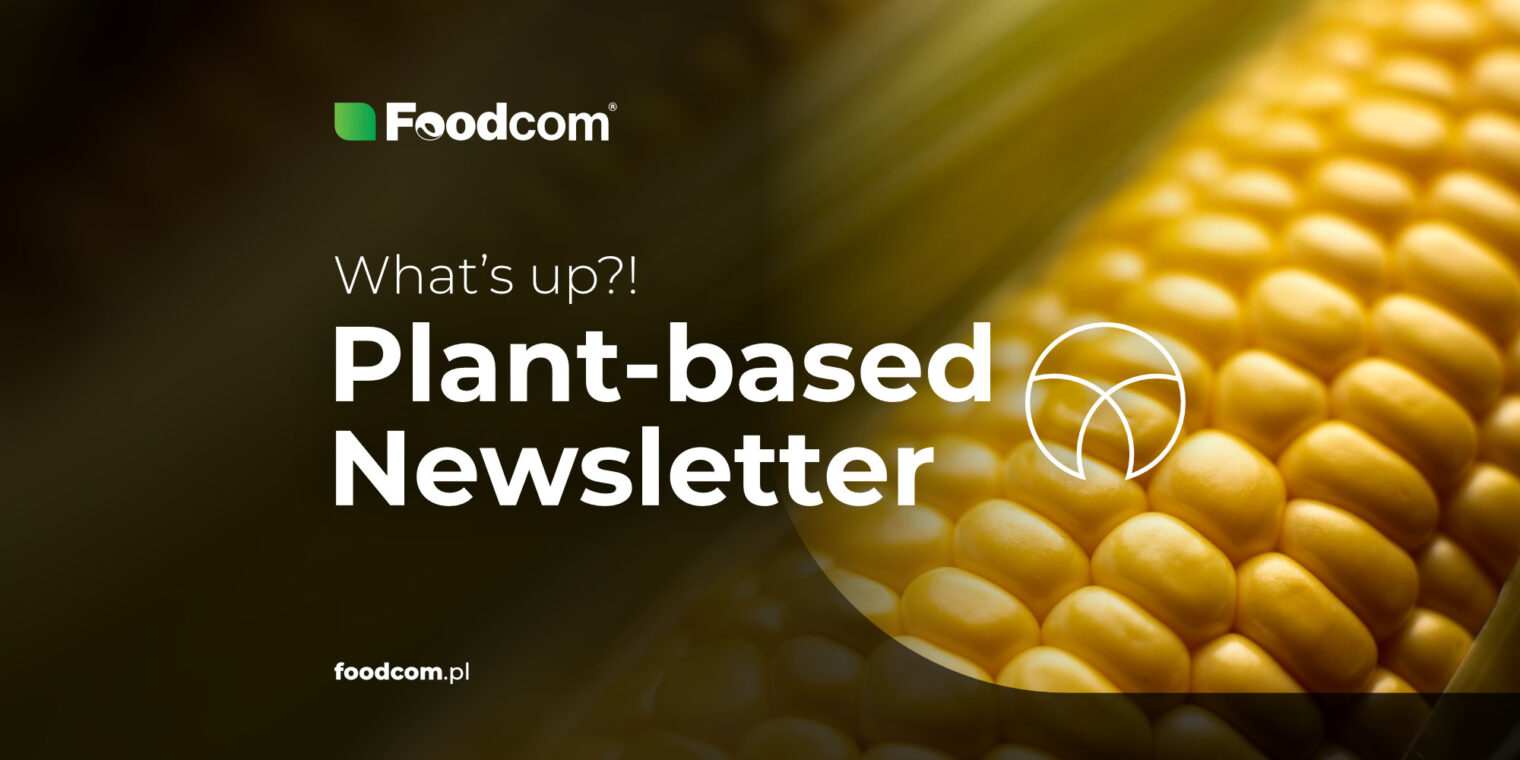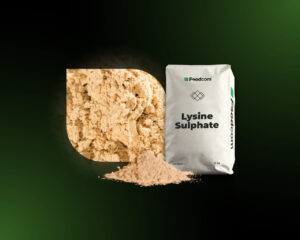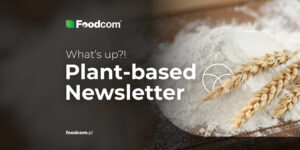Summary
Table of contents
This is our 6th summary of the plant-based market. Continue reading the newsletter to find out more.
With us, you’ll never miss a thing.
Producers prefer not to sell their products, waiting for further price increases. At the moment, the biggest problem is the price of fertilizers and seed potatoes. A successful potato harvest depends largely on the weather, which cannot always be predicted. Currently, we know that during the potato planting period the fields were dry, and the potato is a drought-sensitive plant. Extreme heat in the Pacific Northwest and inland last year caused the U.S. potato crop to drop by about 9%.
The concern with pea protein is that it has a strong taste and can basically only be added to animal feed. Pea protein and its isolates are an excellent alternative to milk replacers for calves, but another issue is that with the huge increases in protein prices, replacing calf milk with a plant-based formula is starting to… not making sense.
The initial idea, as we all know, is that milk from cows goes to humans instead of to calves, and the calves get a substitute that is cheaper but with similar protein levels. Now the cheaper substitute is no longer cheap.
Vital wheat gluten is the so-called golden unicorn. It is almost completely unavailable. Manufacturers are worried about what will happen next. Wheat, from which VWG is made, has not been harvested in Ukraine and Russia, and it is not clear when the production will be resumed. The market is facing countless uncertainties, which can have a massive impact on product prices. Presently, 12-month contracts are not profitable. Especially since there is no sign that prices are going to come down. The price of VWG has increased by about 50% since the beginning of the year alone, also due to energy prices.
Wheat is characterized by the fact that there is little time to harvest the crop. As for now, there are no chances of that happening in Ukraine. One should keep in mind that this country is one of the largest wheat exporters in Europe. Furthermore, it’s also a main supplier to Africa. If the current situation continues for a longer period of time, the shortages could cause many aggravating problems.
There are still stocks of dextrose, but they are getting smaller. Transportation at this point takes too much money.
Dextrose can come from many different sources, such as corn, wheat and potatoes, so there are many substitutes for the raw product.
Producers should start looking at other ways to source dextrose at a time when wheat and corn are likely to become significantly more expensive.
Corn gluten meal will be difficult to get. In Ukraine, there was already a bad situation with corn before the war, it was not possible to prepare crops due to weather conditions.
Additionally, Belarus and Russia are the largest importers of fertilizers in Europe.
One trader from Foodcom said, ‘In our country, farmers complain about fertilizer and phosphate prices. But when you hear a farmer from Kansas complaining about fertilizers from Russia, that’s something.’
With us, you’ll never miss a thing.
Potato protein
Producers prefer not to sell their products, waiting for further price increases. At the moment, the biggest problem is the price of fertilizers and seed potatoes. A successful potato harvest depends largely on the weather, which cannot always be predicted. Currently, we know that during the potato planting period the fields were dry, and the potato is a drought-sensitive plant. Extreme heat in the Pacific Northwest and inland last year caused the U.S. potato crop to drop by about 9%.
Pea Protein
The concern with pea protein is that it has a strong taste and can basically only be added to animal feed. Pea protein and its isolates are an excellent alternative to milk replacers for calves, but another issue is that with the huge increases in protein prices, replacing calf milk with a plant-based formula is starting to… not making sense.
The initial idea, as we all know, is that milk from cows goes to humans instead of to calves, and the calves get a substitute that is cheaper but with similar protein levels. Now the cheaper substitute is no longer cheap.
VWG
Vital wheat gluten is the so-called golden unicorn. It is almost completely unavailable. Manufacturers are worried about what will happen next. Wheat, from which VWG is made, has not been harvested in Ukraine and Russia, and it is not clear when the production will be resumed. The market is facing countless uncertainties, which can have a massive impact on product prices. Presently, 12-month contracts are not profitable. Especially since there is no sign that prices are going to come down. The price of VWG has increased by about 50% since the beginning of the year alone, also due to energy prices.
HWG
Wheat is characterized by the fact that there is little time to harvest the crop. As for now, there are no chances of that happening in Ukraine. One should keep in mind that this country is one of the largest wheat exporters in Europe. Furthermore, it’s also a main supplier to Africa. If the current situation continues for a longer period of time, the shortages could cause many aggravating problems.
Sugar & Starches
Dextrose
There are still stocks of dextrose, but they are getting smaller. Transportation at this point takes too much money.
Dextrose can come from many different sources, such as corn, wheat and potatoes, so there are many substitutes for the raw product.
Producers should start looking at other ways to source dextrose at a time when wheat and corn are likely to become significantly more expensive.
Corn Gluten Meal
Corn gluten meal will be difficult to get. In Ukraine, there was already a bad situation with corn before the war, it was not possible to prepare crops due to weather conditions.
Additionally, Belarus and Russia are the largest importers of fertilizers in Europe.
One trader from Foodcom said, ‘In our country, farmers complain about fertilizer and phosphate prices. But when you hear a farmer from Kansas complaining about fertilizers from Russia, that’s something.’
Categories:







